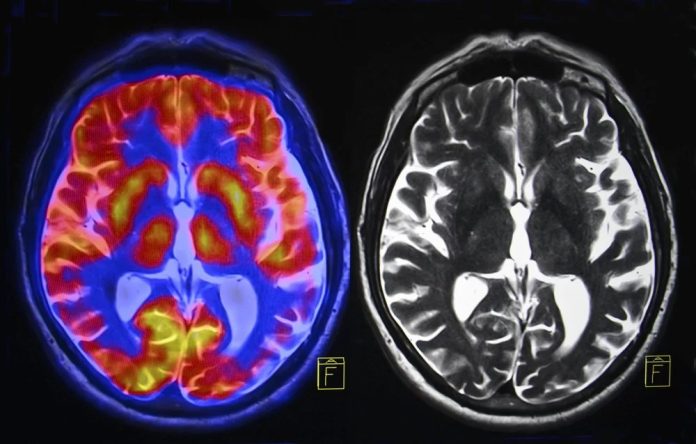A recent study presented at the 26th ECNP Congress suggests that glutamergic agents may be useful for treating mood disorders. This would be a sharp and intriguing departure from older-generation antidepressants which primarily target serotonin receptors for depression and anxiety. Professor Gerard Sanacora, of the Yale School of Medicine, argues that stress can disrupt glutamatergic function in a way that produces what we know as clinical depression.
He and his team have been experimenting with a non-selective NMDA receptor anatogonist which “can target glutamate transmission, either by altering release, uptake or receptor activation [and] can prevent or attenuate the cellular and behavioural changes seen in mood disorders,” and which he believes may one day help treat this imbalance, and thus, mood disorders. “There is a rapidly expanding literature suggesting the glutamatergic neurotransmitter system is altered in the brains of individuals suffering with mood disorders,” he argues.
The potentially revolutionary new substances may be particularly important for humans since their antidepressant effect has a rapid onset, as opposed to current antidepressants, which can take weeks to produce their desired effects.















